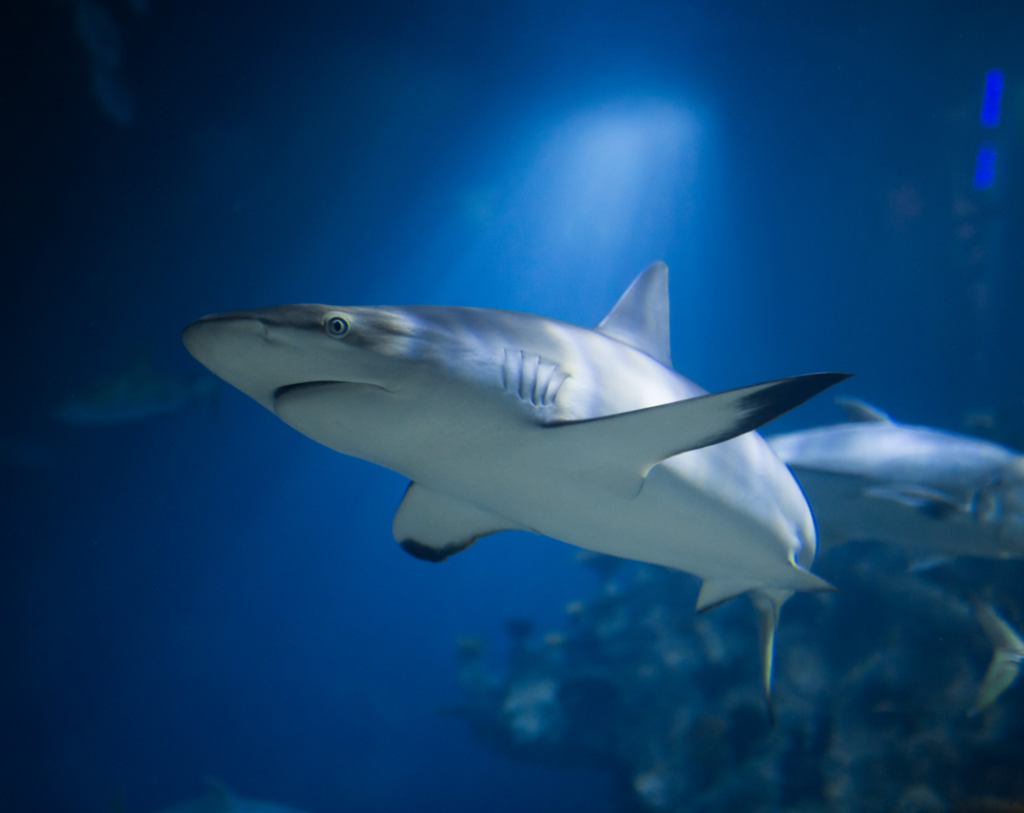In a recent study published in the journal PLOS ONE, a team of California researchers delved into the behavior of sharks, including juvenile great white sharks, near popular swimming and surfing areas.
The researchers meticulously analyzed over 700 hours of drone footage captured during more than 1,600 flights over 26 California beaches from 2019 to 2022. The study’s findings might raise concerns among beachgoers who are blissfully unaware of the sharks’ proximity.
Astonishingly, the researchers discovered that sharks were near swimmers a staggering 97 percent of the observed days at beaches known for shark congregations.
However, the researchers emphasized that spending more time near these sharks does not increase the likelihood of shark bites, particularly in southern California. This significant conclusion sheds light on the generally affable nature of sharks.
Juvenile great white sharks, known to reach lengths of up to ten feet, tend to gather near public beaches before venturing off independently. Nonetheless, the researchers documented only one incident of a seemingly unprovoked bite by an unidentified marine mammal, which may or may not have been a shark, in the spring of 2020.
The paper highlights that there have been only 130 reported white shark bites in California since 1950, with 20 unprovoked bites occurring in southern California since 2000.
To support their findings, the researchers referred to an aerial survey study conducted at La Reunion Island, a region infamous for frequent shark bites. The study revealed that areas with high overlap between sharks and water users did not result in an increased number of shark bites.
Moreover, the probability of unprovoked shark bites across California was estimated to be remarkably low.
The research team hopes that their insights will encourage public safety officials to consider implementing restrictions on access points rather than resorting to full beach closures. Although the risks associated with sharks are extremely low, there remains a possibility of mistaken identity, where an unsuspecting shark might confuse a swimmer for prey.
When commenting on the study, shark expert and marine biologist Melissa Cristina Márquez suggested focusing on public education and awareness programs to help people understand shark behavior, identify potential risk factors, and adopt safe practices during water activities.
Ultimately, when we visit the beaches, we must remember that we are the guests of the sharks, deserving their utmost respect.

